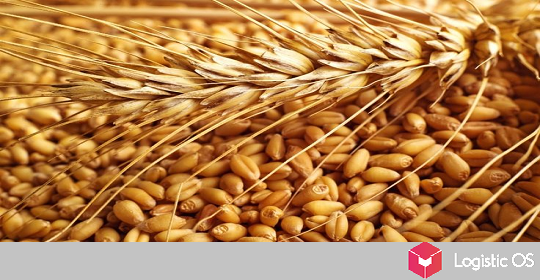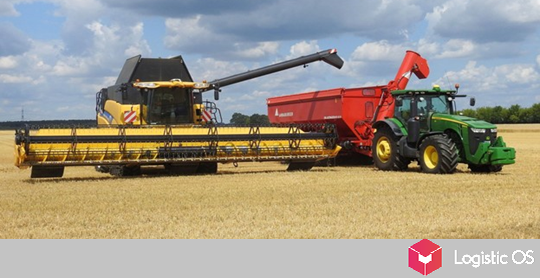From July 1, 2024, the European Union will introduce such high duties on the import of Russian pulp that experts consider them to be restrictive.
High duties will most likely not allow the supply of vegetable pulp to the territory of the European Union. Their introduction seems to be another step towards the EU’s rejection of Russian products.
At the same time, both producers and buyers found themselves in a difficult situation.
For example, Russian farmers are already preparing to redirect their flows to other markets. This was stated by the executive director of the Fat and Oil Union, Mikhail Maltsev.
At the same time, European importers found themselves in an even more difficult situation, and all because Russia was the undisputed leader in the structure of European imports of this type of product.
For example, up to 60% of all rapeseed meal that went to Europe and up to 25% of sunflower meal were purchased in the Russian Federation.
Now Europe will have to find gigantic volumes of these products somewhere, and there is no confidence that they will be able to purchase them at lower prices than in Russia.
Perhaps there are plans to purchase pulp from Ukraine.
As for soybean meal, Russia is not in the top 5 for supplies of this type of product to the EU, so it will be much easier to replace soybean meal.
What will Russian manufacturers do?
For them, supplies to Europe were not a priority, so replacing lost supplies will be relatively easy.
According to OleoScope, since the beginning of the current season, Russia has supplied less than 800 thousand tons of vegetable meal to the EU countries, this is a clear decrease compared to the same period last year – 1 million tons.
In other words, the dynamics of decline began a long time ago, and Russian producers had time to adapt to other markets.
At the same time, the capacity of the markets of friendly countries, which today actively buy vegetable oils and meal from Russia, is far from being exhausted, so there is an opportunity to increase supplies there.
Moreover, the number of such countries is quite large. These are, for example, the CIS, China, Turkey, Bangladesh, Egypt, UAE, Turkey, India, Algeria.
In general, experts believe that the EU initiative will not cause any global changes in the global meal market.
If Europe decides to buy these products from other producers instead of Russia, accordingly, there will be a shortage in those countries that bought pulp from these producers before.
Russia will be able to cover this deficit; the balance of global exports and imports is unlikely to change.

